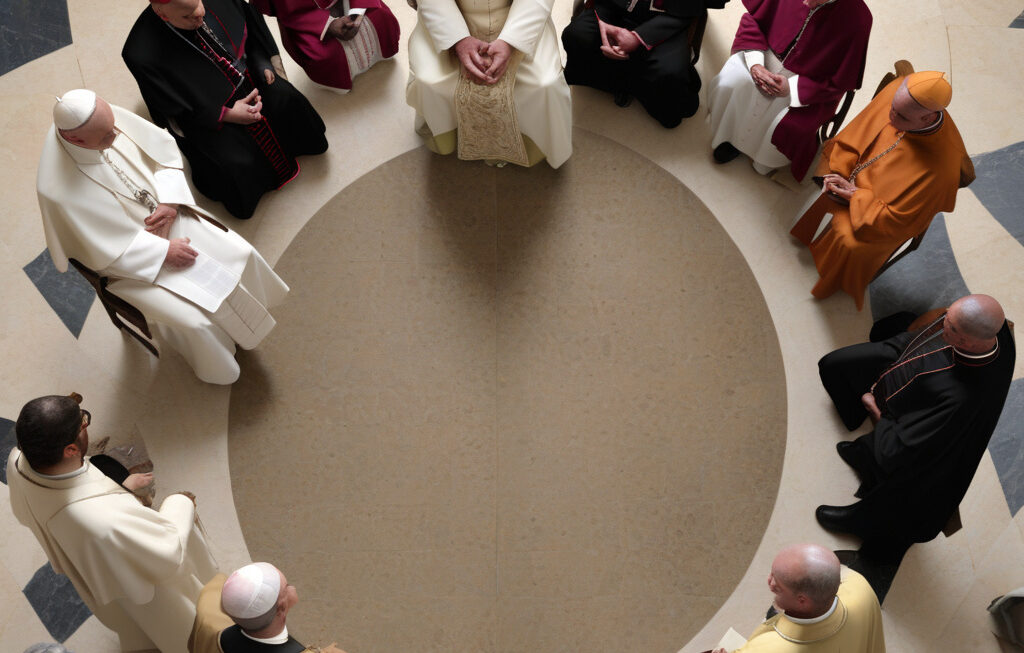Trump’s Nobel Peace Prize Hopes Dim as Focus Turns to Grassroots Peacebuilders
As the Nobel Peace Prize approaches its annual announcement, U.S. President Donald Trump has made headlines for his diplomatic efforts, particularly in brokering peace deals in the Middle East. However, despite his high-profile negotiations, Trump’s chances of winning the prestigious award seem to be dwindling as the spotlight shifts towards grassroots peacebuilders around the world.
While Trump’s administration has been quick to highlight his role in mediating peace agreements between Israel and several Arab nations, critics argue that these deals were more about advancing political agendas rather than promoting lasting peace. The recent normalization of relations between Israel, the United Arab Emirates, Bahrain, and Sudan, dubbed the “Abraham Accords,” has been praised by some as a significant step towards stability in the region. Still, others point out that underlying issues such as the Israeli-Palestinian conflict remain unresolved.
In contrast to top-down diplomatic efforts championed by world leaders like Trump, the focus is now turning towards grassroots peacebuilders who work tirelessly at the local level to address the root causes of conflict and foster reconciliation within communities. These unsung heroes often operate under the radar, away from the glare of international media, but their impact is profound and long-lasting.
One such example is Leymah Gbowee, a Liberian peace activist who played a vital role in ending her country’s brutal civil war. Through grassroots mobilization and nonviolent protest, Gbowee united women from different ethnic and religious backgrounds to pressure warring factions to negotiate peace. Her efforts, along with those of other grassroots activists, culminated in the eventual cessation of hostilities and the election of Africa’s first female head of state, Ellen Johnson Sirleaf.
Similarly, in the war-torn region of Colombia, the organization Rodeemos el Diálogo has been instrumental in facilitating dialogue between communities affected by violence. By bringing together victims, ex-combatants, and local leaders in a safe and neutral space, Rodeemos el Diálogo has helped build trust, promote understanding, and pave the way for reconciliation in areas ravaged by decades of conflict.
These examples underscore the power of grassroots initiatives in building sustainable peace from the ground up. While high-level negotiations and diplomatic agreements have their place in conflict resolution, true and lasting peace often emerges when communities themselves are actively involved in the process.
As the Nobel committee considers potential laureates for this year’s Peace Prize, the spotlight on grassroots peacebuilders serves as a reminder of the essential work being done beyond the corridors of power. While President Trump’s diplomatic efforts may have grabbed headlines, the quiet but transformative actions of individuals and organizations at the grassroots level are the ones truly shaping a more peaceful world.
In a time where global challenges such as the COVID-19 pandemic, climate change, and political polarization threaten stability and security, recognizing and supporting grassroots peacebuilders becomes more critical than ever. Their dedication, resilience, and commitment to dialogue and reconciliation offer a beacon of hope in a world often overshadowed by conflict and division.
#NobelPeacePrize, #GrassrootsPeacebuilders, #Peacebuilding, #GlobalPeace, #CommunityReconciliation










